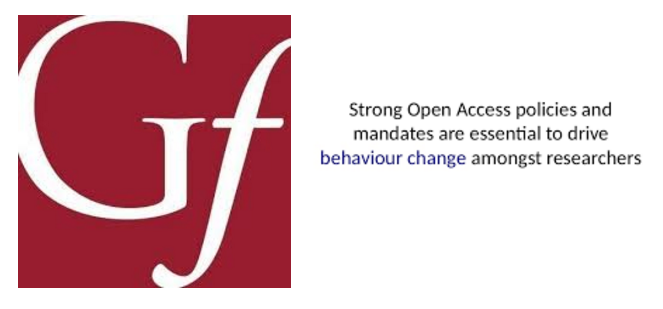
Gates Foundation funded research face challenges to publish on top-tier journals
Researchers funded by the Gates Foundation are facing difficulties publishing on some top-tier journals. This is due to open access (OA) policy that the Gates Foundation and journal publishers follow, according to the Nature’s writer Richard Van Noorden.
The Gates Foundation in 2014 put open access policy that mandates immediate open access publishing. It also requires researchers to make their research data open. This policy came into effect starting January 2017. However, open access policies many top-tier journals such as Nature, Science, the New England Journal of Medicine (NEJM) and the Proceedings of the National Academy of Sciences (PNAS) have do not allow immediate open access. They impose embargo period that ranges from six months to one year depending on the type of discipline.
The Gates foundation is not considering revising its policy or exempting these journals. As a result, some research findings might not be published on these journals. To address the issue, there is ongoing discussion between journal publishers and the Gates Foundation, according to the Nature. In the past, the US National Institutes of Health (NIH) forced journals to comply with its OA policy requirements.
According to the Nature, about 2000 to 2500 articles funded by the Gates Foundation published each year. Most of them, around 92%, are published on journals that comply with what the Gates Foundation requires. That means only 8 % of them will be affected by the Gates Foundation’s OA policy that does not allow embargo imposition.
Different research funders had different open access policies. For instance, the Wellcome Trust allows publishers to impose embargo period (max one year) on research it funds.
Source: Nature




